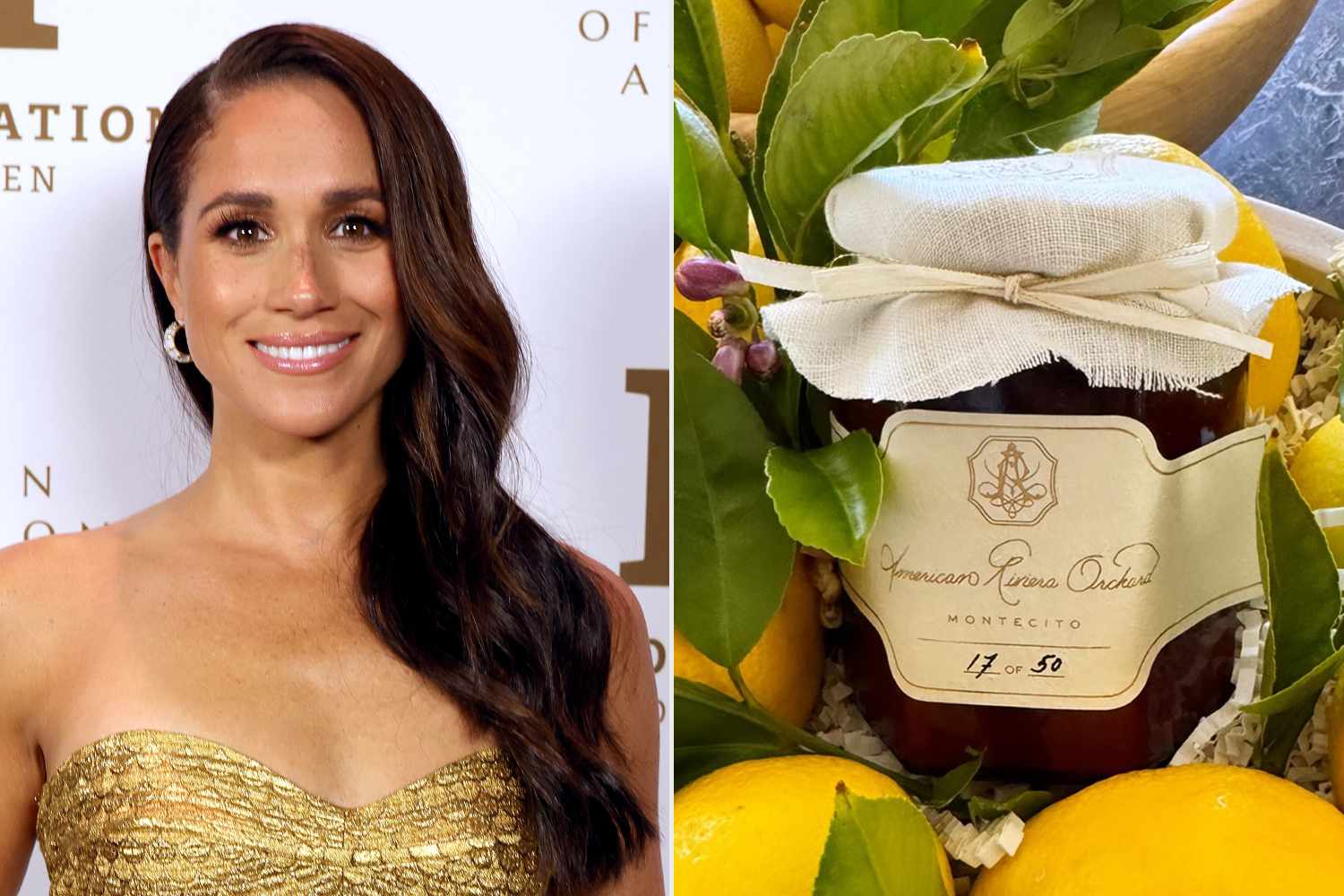Meghan Markle’s Take on Tariffs: Why Accessibility Still Matters

Let’s dive into the royal discourse of the day, shall we? Meghan Markle, the Duchess of Sussex and our favorite voice of reason in a world gone mad, has weighed in on the current economic climate and its effects on consumer products. In a world where tariffs are the buzzword du jour and economic woes seem to be lurking behind every corner, Markle boldly argues that these financial maneuvers shouldn’t impede accessibility for everyday consumers. “Things should still feel accessible,” she stated, reminding us that the essence of commerce shouldn’t be lost to bureaucratic squabbles.
Now, while the economic implications of tariffs can be as convoluted as a Shakespearean plot twist, Markle’s perspective shines a light on an important truth: consumers should not have to sacrifice quality or affordability just because the political landscape gets a bit rocky. This sentiment is echoed by many economists who argue that accessibility is vital for maintaining a healthy consumer market. They suggest that when products remain affordable, the economy can thrive, fostering innovation and competition.
Digging deeper into this tangled web of tariffs, it’s essential to acknowledge the historical context. Tariffs have often been employed as tools for protectionism, aiming to shield domestic industries from foreign competition. However, as history has shown us, such measures can lead to increased prices for consumers, placing a strain on the very fabric of everyday life. Markle’s insistence on accessibility challenges the status quo and presses for a more consumer-friendly approach in economic policy.
Moreover, as Markle expertly points out, the notion of accessibility extends beyond mere prices; it encompasses the broader social responsibility that brands and businesses hold. In an age where consumers are increasingly aware of ethical considerations, the argument for accessible pricing becomes not just a financial matter but a moral imperative. With the rise of initiatives promoting sustainability and ethical production, the call for products that are both ethically sourced and economically accessible resonates deeply with today’s conscientious shopper.
In conclusion, Meghan Markle’s take on tariffs serves as a clarion call for businesses to prioritize accessibility in a world fraught with economic uncertainty. As we navigate the complexities of modern commerce, one must remember that consumer well-being should always remain a priority. So, let’s raise a glass to accessible products and the champions who advocate for them. Class dismissed—don’t forget to share this newfound wisdom with your fellow consumers!
Sources: Celebrity Storm and People Magazine, Forbes, The Guardian
Attribution: Creative Commons Licensed




